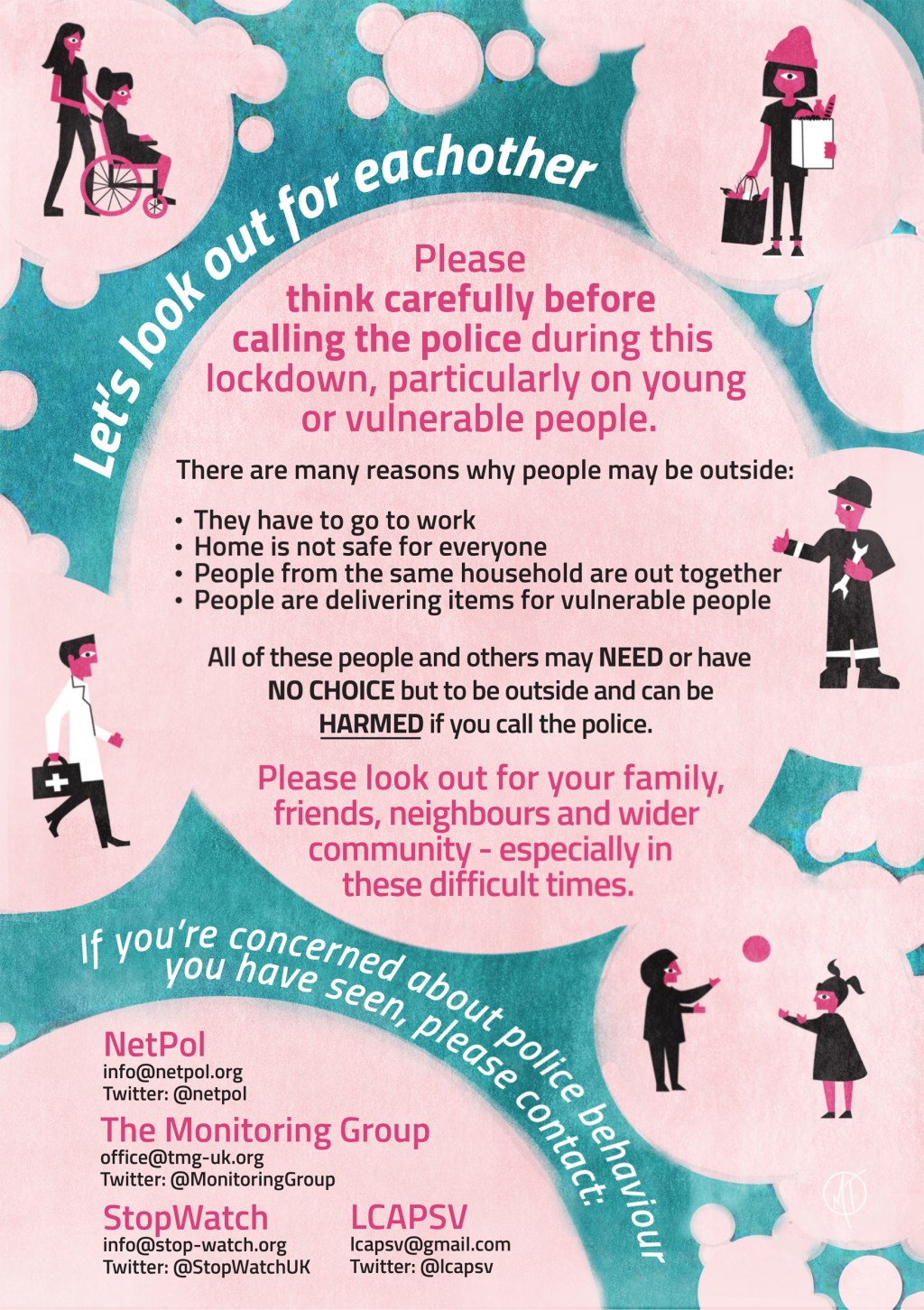Coronavirus & Protest Law
From Monday 19th July 2021 the Coronavirus ACT, which had implications for protest, is revoked. There are no longer any restrictions on protests.
Some people may still be affected by arrest or fixed penalty notice (FPN) fines from recent protest or actions, which took place before 19th July. If you have been issued a FPN and would like to challenge it, please contact one of our recommended solicitors, or talk through options on the protest support line 07946 541 511
The Coronavirus Act had introduced new police powers in England and Wales which had implications for protest. There are also changes to the way police interviews and court hearings are being conducted. (Also see guide to rules in Scotland)
It had been updated several times, most recently March 29th 2021 to start to ease restrictions, including for protest. (The latest legislation for England and for wales. can be seen here).
As restrictions begin to ease police have been reverting to using the usual public order offences. For people still caught up in legal procedures, there is a brief history of the legislation below.
June put us into ‘step 3’ where groups of 50 will be allowed to meet outdoors, but there were exceptions for protests. The system of ‘tiers’ had been dropped. for further details see our page Coronavirus police powers and their use on protests.
Previously we had been seeing widespread use of Coronavirus powers to disprupt ptotests and in the community, which are disproportionately being used against people of colour, and may be challengable.
Previous changes to legislation were following lockdown in January 2021, updates at the end of the November 2020 lockdown and the introduction of Tier 4 in December 2020.
For information about the implications of Coronavirus-related legislation for protesters:
For a general guide to the powers created by the Coronavirus Act in England & Wales, please see these guides from Bristol Defendant Solidarity.
For a guide to the powers created in Scotland please see SCALP’s guide
Please note that Coronavirus related law is changing rapidly. This guide was last updated on 24th June 2021

